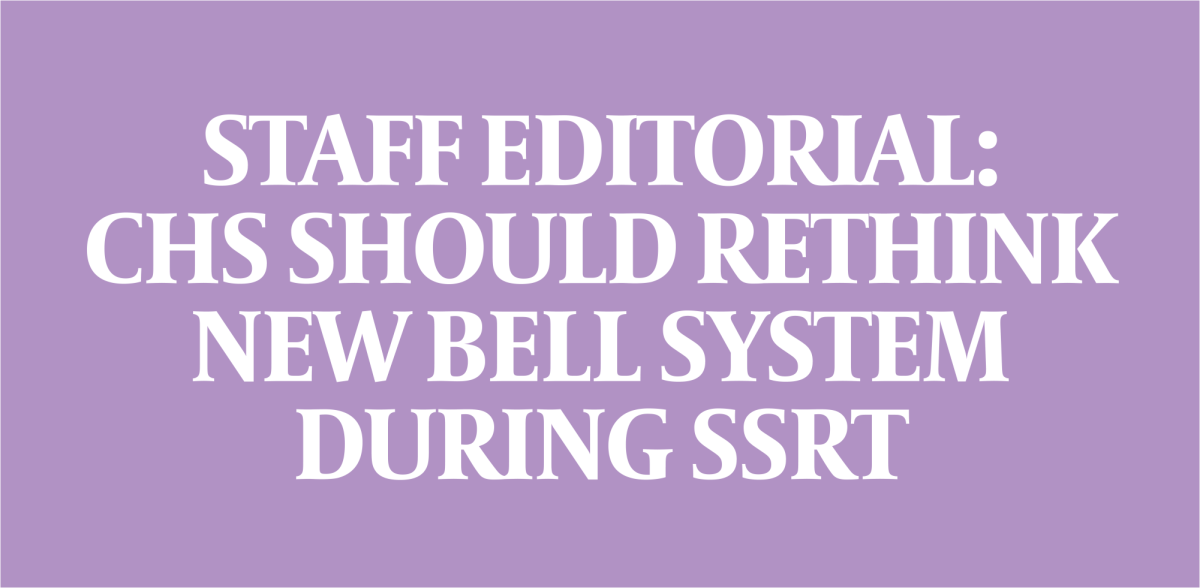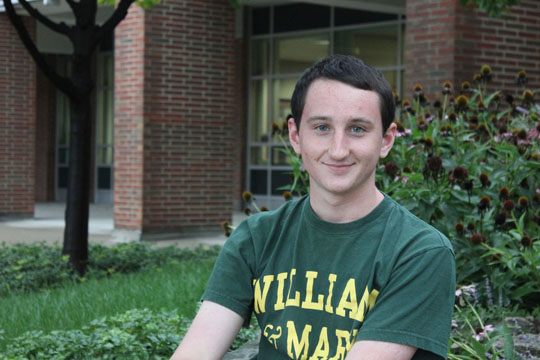 On Aug. 11, beloved actor and comedian Robin Williams committed suicide. He was 63. CNN later reported that Williams had been suffering from severe depression, and had recently made several trips to drug rehab, including a visit this summer. Williams had admitted to being a former addict and alcoholic.
On Aug. 11, beloved actor and comedian Robin Williams committed suicide. He was 63. CNN later reported that Williams had been suffering from severe depression, and had recently made several trips to drug rehab, including a visit this summer. Williams had admitted to being a former addict and alcoholic.
Williams’s wife revealed that the actor was also in the early stages of Parkinson’s disease, which had not yet been made public. Nearly 50 percent of people with Parkinson’s suffer from depression.
As you can imagine, the coverage of this story was wall-to-wall. Several celebrities, including many of Williams’s peers, spouted off on Twitter and various other outlets. Practically all of the statements about Williams were glowingly positive. They honored Williams for his vast comedic talent and genuine personality. Coverage also praised the various projects Williams was involved in, whether or not these films or television shows were acclaimed in their own time.
Although much of this coverage may be true and appropriate, there is a much bigger story here.
Depression affects 14.8 million Americans every year. Depression is involved in more than two-thirds of the 30,000 suicides that occur in the United States every year. Even more alarming, nearly two-thirds of people who suffer from depression do not receive treatment.
Despite how grim that may sound, there is some hopeful data about depressions. About 80 percent of people who sought treatment while depressed said it significantly improved their lives and helped them to recover.
Both of these aspects of depression in America were largely left out of the coverage of Robin Williams’s death. What many in the media may be forgetting is despite Williams’s celebrity profile and huge talent, he was a human being and another victim of depression. As unique as he was, he was in this case sadly common. Many people find themselves in the same shoes.
On the other side of the story, Williams was involved in a long-term battle with addiction and was in the early stages of a non-curable, debilitating disease. Many have commented that these circumstances explain his actions. But then again, we must remember that even severe depression can affect anyone. Although certainly, these circumstances could well have been the reason for Williams’s suicide, the idea that only people with addiction and major diseases will commit suicide is rather irresponsible.
Even worse was the attitude taken towards Williams’s suicide by many professional media organizations. Commenting on Williams’s death, a National Public Radio reporter concluded his remarks about the comedian by commenting, “[Williams] is, as his genie character in ‘Aladdin’ would have it, finally free.”
It is incredibly irresponsible to suggest that suicide is a way for depressed people to “free” themselves. Again, most people who seek help for issues with depression can make recoveries. The last message we want to send to people is that committing suicide will free them from their pain. Depression is treatable.
Robin Williams was a great talent who brought joy to all of our lives and touched “every element of the human spirit.” He deserves the accolades he has received and is receiving after his death. But for the sake of ratings, all of the media outlets who covered the story left out a well-needed discussion of depression. Not only about how widespread depression is, but also about how treatable it is.
The full story could have included more of these key facts, and less replays of “Good Morning, Vietnam,” as funny as it is.































![AI in films like "The Brutalist" is convenient, but shouldn’t take priority [opinion]](https://hilite.org/wp-content/uploads/2025/02/catherine-cover-1200x471.jpg)













































![Review: “The Immortal Soul Salvage Yard:” A criminally underrated poetry collection [MUSE]](https://hilite.org/wp-content/uploads/2025/03/71cju6TvqmL._AC_UF10001000_QL80_.jpg)
![Review: "Dog Man" is Unapologetically Chaotic [MUSE]](https://hilite.org/wp-content/uploads/2025/03/dogman-1200x700.jpg)
![Review: "Ne Zha 2": The WeChat family reunion I didn’t know I needed [MUSE]](https://hilite.org/wp-content/uploads/2025/03/unnamed-4.png)
![Review in Print: Maripaz Villar brings a delightfully unique style to the world of WEBTOON [MUSE]](https://hilite.org/wp-content/uploads/2023/12/maripazcover-1200x960.jpg)
![Review: “The Sword of Kaigen” is a masterpiece [MUSE]](https://hilite.org/wp-content/uploads/2023/11/Screenshot-2023-11-26-201051.png)
![Review: Gateron Oil Kings, great linear switches, okay price [MUSE]](https://hilite.org/wp-content/uploads/2023/11/Screenshot-2023-11-26-200553.png)
![Review: “A Haunting in Venice” is a significant improvement from other Agatha Christie adaptations [MUSE]](https://hilite.org/wp-content/uploads/2023/11/e7ee2938a6d422669771bce6d8088521.jpg)
![Review: A Thanksgiving story from elementary school, still just as interesting [MUSE]](https://hilite.org/wp-content/uploads/2023/11/Screenshot-2023-11-26-195514-987x1200.png)
![Review: "When I Fly Towards You", cute, uplifting youth drama [MUSE]](https://hilite.org/wp-content/uploads/2023/09/When-I-Fly-Towards-You-Chinese-drama.png)
![Postcards from Muse: Hawaii Travel Diary [MUSE]](https://hilite.org/wp-content/uploads/2023/09/My-project-1-1200x1200.jpg)
![Review: "Ladybug & Cat Noir: The Movie," departure from original show [MUSE]](https://hilite.org/wp-content/uploads/2023/09/Ladybug__Cat_Noir_-_The_Movie_poster.jpg)
![Review in Print: "Hidden Love" is the cute, uplifting drama everyone needs [MUSE]](https://hilite.org/wp-content/uploads/2023/09/hiddenlovecover-e1693597208225-1030x1200.png)
![Review in Print: "Heartstopper" is the heartwarming queer romance we all need [MUSE]](https://hilite.org/wp-content/uploads/2023/08/museheartstoppercover-1200x654.png)


